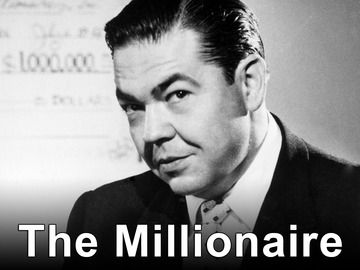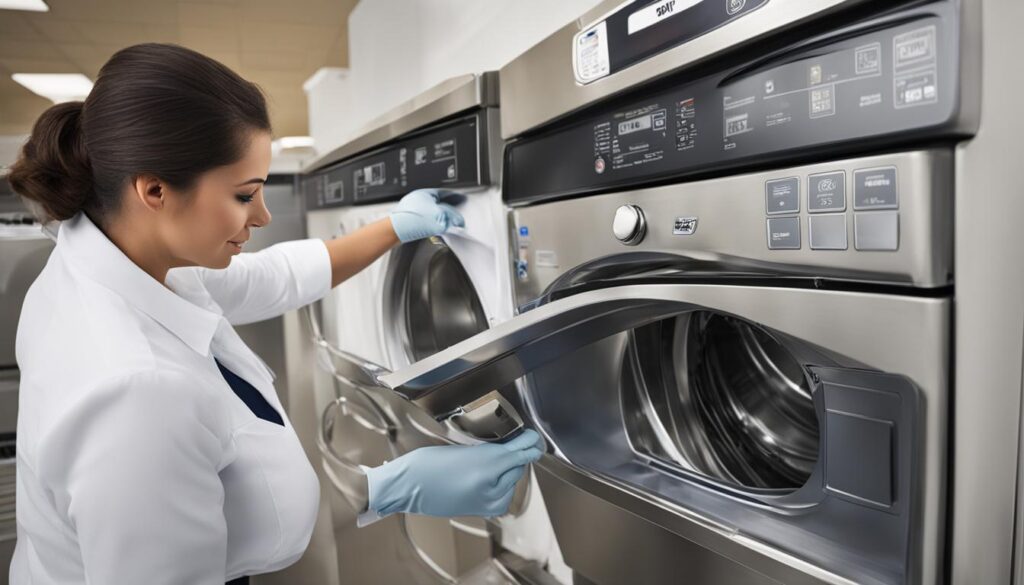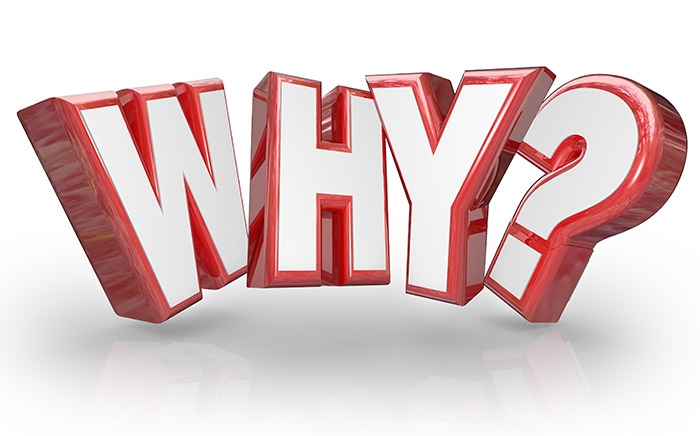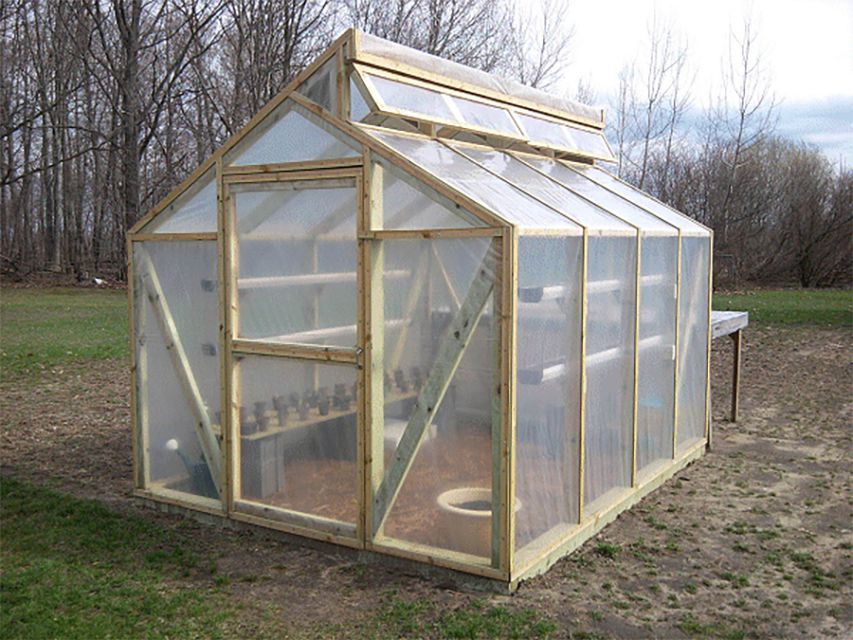Broadway Ticket Prices and Performance Longevity: Unpacking the Strong Positive Relationship
Introduction: The Link Between Broadway Ticket Prices and Show Longevity
Broadway has always held a special place in the world of live entertainment, with its ticket prices often serving as a topic of public debate. An entertainment reporter’s analysis-comparing average ticket prices to the total number of performances for Broadway shows-reveals a strong, positive relationship, quantified by a correlation coefficient ( r ) of 0.7 . This finding invites a deeper exploration into the market forces that shape Broadway pricing and the implications for both producers and theatergoers.
Understanding the Correlation: What Does r = 0.7 Mean?
The value of r = 0.7 indicates a strong, positive correlation between the number of performances a Broadway show has and its average ticket price. In practical terms, this means that as shows run longer and accumulate more performances, their ticket prices tend to be higher. Such a relationship is often seen in entertainment markets, where longevity is both a sign of demand and a driver of pricing power [1] .
Key Drivers of Broadway Ticket Price Inflation
Broadway ticket prices have reached historical highs, with the average price now hovering between $128 and $133.99 as of recent seasons [1] [3] . Several factors contribute to this upward trend:

Source: bsr.org
- Production Costs : The cost of mounting a Broadway show has increased dramatically, with musicals often requiring $10-20 million in capitalization [2] .
- Supply and Demand : With only 41 Broadway theaters, limited seating means producers can raise prices when demand is strong [1] .
- Celebrity Headliners : Shows featuring major stars command premium prices, with some tickets exceeding $800 for blockbuster productions [3] .
- Dynamic Pricing Algorithms : Producers use sophisticated pricing models that fluctuate ticket prices based on demand, seasonality, and even weather [2] .
Statistical Context: Ticket Price Ranges and Performance Data
During the 2018-2019 season, the average Broadway ticket price ranged from $106.24 to $118.86, with extremes from $26.90 to $375.39. For blockbuster shows like “Hamilton,” average tickets often reach $186, with premium seats selling for $400 or more [1] . Newly opened celebrity-driven productions have recently seen weekly averages between $207 and $338 [3] .
Despite rising prices, Broadway attendance has also grown, with annual numbers climbing from 6.5 million in the mid-1980s to 14.7 million in recent years [2] . Shows that run longer tend to attract sustained demand, which enables producers to incrementally increase prices-explaining the strong positive correlation seen in the reporter’s scatterplot.
How Show Longevity Drives Pricing Power
Successful Broadway shows often enjoy extended runs, sometimes spanning years or even decades. This durability signals quality, popularity, and brand recognition, which in turn allow producers to raise ticket prices over time. The longer a show remains popular, the greater its pricing leverage-especially as word-of-mouth and media attention continue to build.
For example, long-running hits like
The Lion King
,
Wicked
, and
The Phantom of the Opera
have maintained high average ticket prices for years, supported by strong demand and limited supply of seats
[2]
.
Practical Guidance: Accessing Affordable Broadway Tickets
While premium prices dominate headlines, there are several strategies for accessing more affordable Broadway tickets:
-
Discount Programs
: Nonprofit organizations like
TDF
(Theatre Development Fund) offer significant discounts-sometimes 20% to 50% off regular prices-at their TKTS booths in Times Square and Lincoln Center. About 33% of TKTS customers are first-time Broadway attendees [2] . - Lottery and Rush Tickets : Many shows offer daily lotteries or rush ticket programs. These can provide deeply discounted seats, but availability varies by production and season. To participate, visit the official Broadway show websites or check with the box office.
- Group Sales : For larger parties, group sales often yield lower per-ticket costs. Contact the theater box office or visit official group sales portals for details.
- Standing Room and Off-Peak Times : Some theaters sell standing-room tickets at reduced rates. Buying tickets for weekday or matinee performances can also be more affordable due to lower demand.
-
Third-Party Vendors
: Authorized ticket resellers like
Telecharge
and
Ticketmaster
provide secure purchasing options. Always verify vendor authenticity to avoid scams.
If you are seeking affordable tickets, it is recommended to start by searching for “Broadway ticket discount programs” or visiting the official websites of specific shows for updated policies. For nonprofit discounts, look for “TDF TKTS booth” and confirm the latest location and offerings. For rush and lottery programs, check the official Broadway League website or contact the show’s box office directly.
Challenges and Solutions in Navigating Broadway Pricing
Despite multiple avenues for discounts, some challenges persist:
- Limited Availability : Discounted tickets are often restricted to specific performances and may sell out quickly.
- Varying Policies : Each show may have different policies regarding rush, lottery, or group sales, requiring research and flexibility.
- Scalping and Fraud : Unofficial vendors may offer non-authentic tickets. Always purchase from recognized sources and avoid speculative resellers.
To address these challenges, theatergoers should plan ahead, compare options across official channels, and utilize trusted discount programs. For newcomers, nonprofit organizations like TDF are excellent starting points for affordable tickets and guidance.
Alternative Approaches: Beyond Broadway for Live Theater
If Broadway ticket prices remain a barrier, consider alternative live theater experiences. Off-Broadway and regional productions often offer high-quality performances at lower prices. Many local theaters provide similar experiences with unique programming, accessible pricing, and community engagement.

Source: webnewsindia.com
Search for “off-Broadway shows in NYC” or “regional theater performances” in your area to find listings and ticket information. Local arts councils and official city tourism websites may also provide comprehensive guides to live entertainment options.
Key Takeaways and Steps for Action
The strong positive correlation between average ticket price and total performances for Broadway shows is driven by market dynamics, production costs, and sustained demand. While ticket prices are high, actionable strategies exist for those seeking affordable access:
- Research and utilize nonprofit discount programs.
- Participate in ticket lotteries and rush programs by checking official show websites or box offices.
- Explore group sales, standing-room, and off-peak performance options.
- Consider alternatives such as off-Broadway or regional theater for more budget-friendly experiences.
For the most current information, use official channels and trusted sources. If uncertain, start with the official Broadway League website or the box office of individual theaters. Avoid fabricated or assumed URLs, and verify vendor authenticity before purchasing.
References
- [1] Stacey Froelich Team (2023). Why are Broadway tickets so expensive right now? It’s not just inflation.
- [2] The Hustle (2021). The economics of Broadway shows.
- [3] TheaterMania (2025). Story of the Week: Why Are Broadway Ticket Prices So High?
- [4] Ken Davenport (2025). Are Broadway Tickets More Expensive Now???
- [5] Messiah University (PDF). Determinants of Broadway Theatre Demand.
MORE FROM hotondeals.com













